The market is in a state of flux but an e-mobility task force is in place to handle new demands, explains AWL-Techniek’s Niels van ’t Hul
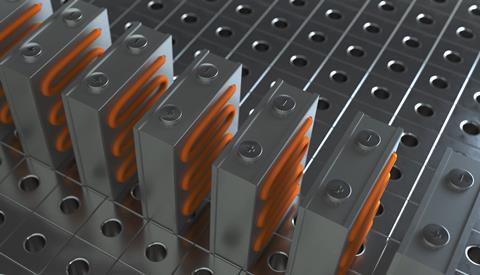
We have a duty of care for the world we live in. This is not only in our own interest, but also in the interest of future generations. If we want to preserve the world as we know it, we will have to change our way of life.
Not only has that awareness found its way to consumers; politics and businesses are also responding to this, as is clearly visible on the topic of mobility. The transportation sector has a major impact on the environment. Politics is taking measures against polluting transportation and for consumers, sustainability is increasingly a criterion in making decisions. Here is a task for the automotive industry. Not only do car manufacturers have a big role to play here, also suppliers and the rest of the supply chain will have to work differently.
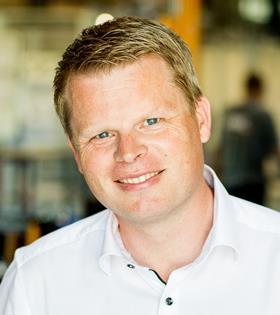
The new way of driving
There is considerable worldwide attention being paid to the replacement of the combustion engine. The public is embracing driving on electricity or hydrogen and the automotive industry has embraced this; in the coming years, many new cars will be put on the market that run on electricity, hydrogen or a combination of energy sources. It seems obvious that the battery will have a role to play in these new developments.
Thanks to these movements in the market towards e-mobility, innovative companies are emerging and considering the challenges presented by the new products with the courage to invest. AWL-Techniek is one such company. AWL develops and builds machines that are needed to develop batteries and battery frames.
Niels van ’t Hul, sales manager special projects, explains: “We are an innovative and progressive company. At the start of the 20th century, we started with laser welding. At the time, that was a new and unknown technology. AWL was progressive in this respect and has been able to build up a great deal of experience in this field. Now, laser welding is a leading technology in several areas of application.”
Challenging production requirements
Courage, investment, constant development and a great deal of experience are the qualities that define why customers ask AWL to consider e-mobility issues. With a strong focus on partnership, AWL helps its customers to produce new parts for cars and so to connect with the new way of driving. AWL’s customers need to deliver lighter automotive parts, a trend that has been around for years and still continues. The processing of different materials for auto parts creates complex challenges.
Van ’t Hul adds: “We are talking about complex products, executed in lightweight materials and with high and challenging demands on the manufacturing processes. Examples of production machines that AWL develops and that have to meet these requirements are, for example, battery frames, cooling plates and battery modules. AWL saw this trend coming years ago and has set up an e-mobility task force especially for this.”
This task force consists of a multidisciplinary team, so that various parties can provide input for a solution. Of course, the input of partners and customers is expressly included. Van ’t Hul adds: “We see that the market is still in a state of flux. Concepts often change, but there will be more pressure on delivery times. Car manufacturers need to fulfil their public promises. We therefore need to be able to switch quickly in our organisation without sacrificing quality.”
Example of a battery frame production process
AWL has built a machine for its customer to produce parts of a battery frame. This frame consisted of a combination of forged aluminium parts and extruded aluminium profiles. Laser welding was the right process for these parts. An additional challenge was the variable gap between the parts to be welded. Given the material used and possible inconsistent gaps between the individual parts, it became clear that we needed an extra-cold wire for a stable welding process. Due to the low heat input and the required clean weld without welding spatter, laser welding was the only option. After the implementation, we showed our customer that we could bridge the different gaps without changing the welding parameters. As a result, we achieved a reliable welding process and good welding quality.
Success story
The work of the task force has since paid off, says Van ’t Hul. “Companies already know us from the high-tech solutions that we make with robots, which enables them to produce parts,” he explains. “They now know where to find us in the quest for machines for the e-mobility-related auto parts. For example, together with a customer we developed the automation of new battery modules. When welding for batteries, the demands are extremely high. The weld must be very precise, the materials are diverse and often very vulnerable. The quality of the end product is also very important; the battery module is an expensive component, so it is particularly important to produce the products properly.
“When producing a module, different techniques are involved that all have to be executed in the correct sequence, consider in this respect (laser) welding, gluing, sealing, with proper spacing and tolerances. Figuring out the correct sequence and the development of a good jig is quite a process in its own right. Often, a lightweight material (aluminium) is used; it has to be resistant to fire and explosions and it has to be watertight.
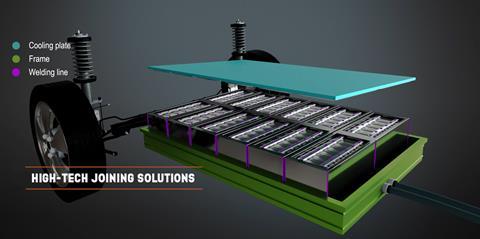
“Eventually, we developed a highly sophisticated technology, to the customer’s great satisfaction. They can now use this high-tech production machinery in their operations. AWL delivers quality and with this we have really defined a new standard. We are proud of this new solution.”
Cooperation is the key to success
Cooperation between market parties has become a crucial success factor in these rapidly changing and challenging times. Van ’t Hul concludes: “AWL has as a slogan: ensuring global productivity. This means we effectively respond to these changes by developing the manufacturing automation that is required, and we can deliver it worldwide. Our customers benefit from this too. By acting in concert and in confidence with each other to develop together, we achieve great results. We are entering into a partnership with our customers in which both parties can deliver their expertise. They know what requirements the product must meet, we know where the specific challenge is and how it can be solved and produced smartly. Eventually, this leads to a successful cooperation, a high-quality end product and with our customers, we contribute to a further step forwards in the development of the new way of driving.”
AWL is a global system integrator of advanced automated joining solutions. Our global customers are engaging AWL to assist in their e-mobility challenges: from aluminium and steel battery frames to complete battery modules. With our solutions, we provide our customers with fast and high-precision welds: gluing, sealing, laser welding, smart robotics, and system integration. With over 25 years of experience, AWL is moving our customers into the next generation of manufacturing.








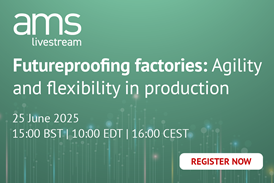




















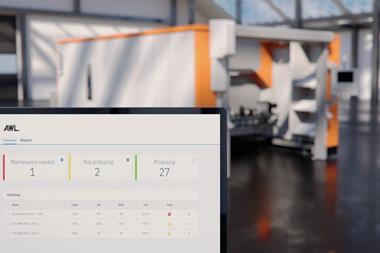
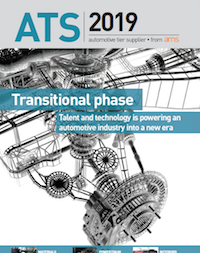
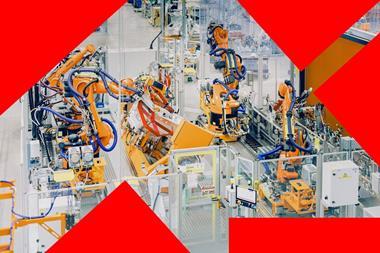
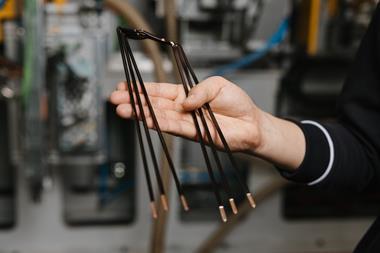
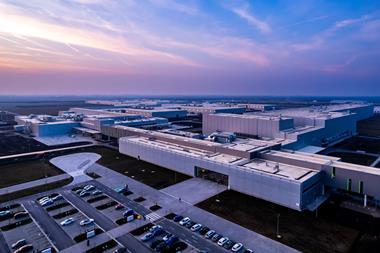
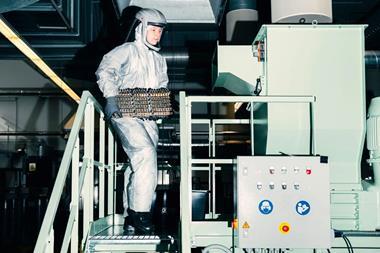



No comments yet